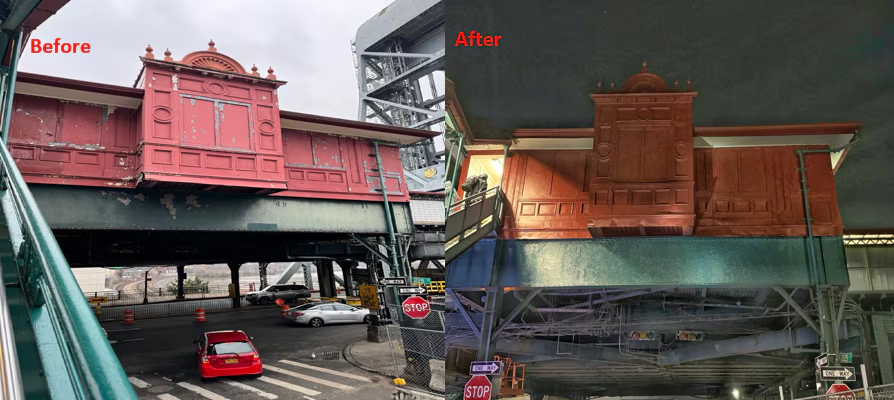HRT skirted contracting and bidding laws, audit finds
Written by jroodVirginia state investigators say Hampton Roads Transit's former leaders flouted federal and state contracting laws, steering millions of dollars of publicly funded consulting work to "preferred individuals" over about four years, The Virginian-Pilot reports. HRT manipulated some contracts to prevent them from coming before the agency's governing board and failed to seek competition in nearly 70 percent of procurements reviewed by the Virginia Department of Transportation Inspector General's office, that office says. Additionally, consultant work at times was "improperly" arranged without the knowledge of HRT's procurement office or was secured under expired contracts, says the inspector general's "special review," which was released the week of December13. "HRT did not comply with applicable procurement laws," the report concluded. Many contracts dealt with the $338-million Tide light-rail project, which the inspector general also examined. HRT's senior staff concealed escalating costs from the governments funding it, according to the report. The Federal Transit Administration will conduct a formal review of HRT's consultant selection process over the past two years. Philip Shucet, HRT's new president and CEO, is seeking legal guidance from state and federal law enforcement officials on how to respond to the report's conclusions. Meanwhile, Shucet has hired a forensic auditing firm to examine billings by one light-rail consultant and its subcontractors to find whether they overcharged the agency. Over four years, the consultant was paid $26 million. An internal analysis points to "significant discrepancies" in billing, according to HRT bid documents. Overhead costs, furniture, travel and living expenses and automobile expenses are among the areas to be audited. The state inspector general was asked by Shucet to examine how HRT handled hiring consultants, as well as light-rail budgeting and management. Shucet replaced Michael Townes, who was forced to resign for cost overruns on the light-rail project and for not pursuing legal action for an alleged embezzlement by two former HRT employees. Investigators reached their findings from reviewing procurement files, interviewing current and former staff and examining e-mails. The report states that HRT: improperly hired consultants without seeking competition in 16 of 24 contracts; failed to establish an "impartial and comprehensive evaluation" in eight of nine contracts competitively bid; produced no documents to show price was considered in five of seven competitive bids; awarded five consulting jobs under expired contracts; and twice hired consultants as temporary employees to avoid seeking competition.





